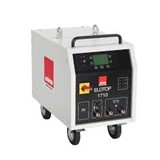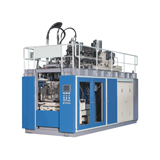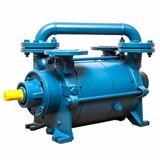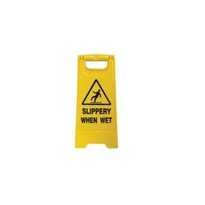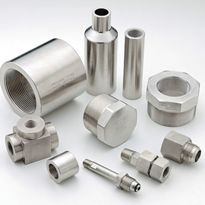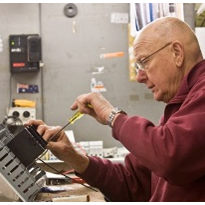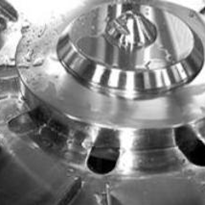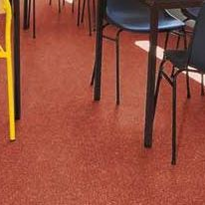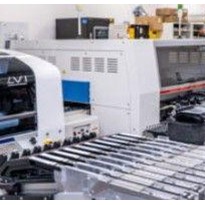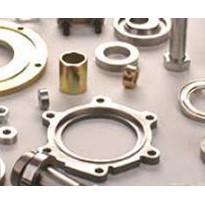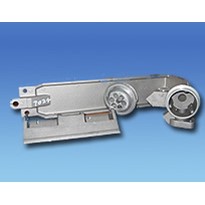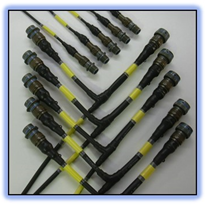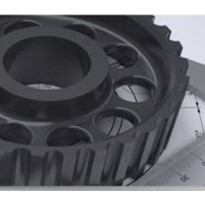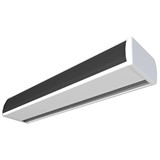A contract manufacturer can produce and assemble your product to your specifications. This saves you the stress and expense associated with making sure your products are completed and ready for dispatch as they are needed.
However, selecting a Contract Manufacturing Partner (CMP) can be a daunting task. Any element of your supply chain is a reflection on your company, so you need to make sure that any relationship you enter into adds value to your operations. To help you with this, we have compiled a list of critical features to look for in the perfect contract manufacturing company. Also See: Points to Consider in Component Manufacturing
1. Expertise & Technology
Number one is narrowing your search to CMPs with understanding of your industry. A CMP with some experience in your industry not only points to expertise but also may indicate that they have the necessary technology and machinery to produce your products. Regardless of their previous industry experience, always ask if they have the technology you need.
2. Success
Develop a series of questions to ask the CMP in regard to their previous successes. Ask questions such as: – What kind of success have you had producing products for the industry – Do you have any customer testimonials you can share. Working with a CMP with a large amount of experience, high success stories and high quality production may mean you will have to pay a little more. However, often, paying more up front for a quality, reliable service, will save you money in the long run. You will be able to avoid reworks, modifications and probably time delays, inevitable in offshore sourcing.
3. Product Development
Having hands-on expertise reduces cost and time. Make sure your CMP can work with you on product development. Their experience in their field will add value to your process, and ensure that the product is designed with efficient manufacturing, as well as quality at the front end of the process. Even if your product is fully prototyped or you have final engineering and material specifications, it is always important to get a manufacturing engineer involved to make sure the design and materials are feasible for manufacturing and will be able to move smoothly into production. If you have a brand-new product it is important to make sure the CMP you are working with can continue to scale up as your product line increases. You don't want to changing manufactures every year or so.
4. Certifications and Compliance Requirements
Ask the contract manufacturer for a list of their certifications; make sure they are certified and compliant for any relevant processes or quality levels your product requires.
5. Consider Transport Options
Investigate the freight and transport services that the CMP offers. If your CMP offers a FIS option this saves you the time and resource involved in organizing and following through the best freight option.
6. Volume Capacity Matches Your Volume Requirements
Make sure that your CMP has what it takes to easily care for your requirements. Look into the capacity that the CMP has, and ensure that they can add your products into their production without adversely affecting their operations. If they 'bite off more than they can chew', the flow on effect is that all their clients, including you will be affected by slow deliveries or ultimately total failure to deliver. If you know you will need 1 million parts per year, do they have the ability and infrastructure to supply your products? However if you only need 5000 units per year, a CMP who frequently produces large volumes of work, may not be as agile or cost effective as your orders could get misplaced or marked as a low priority. Find a contract manufacturer that has great experience in your volume requirements and can scale with your needs.
7. Turnkey Approach
Save yourself money, time and headaches by selecting a contract manufacturer that has a comprehensive facility and is able to supply the entire service through to assembly of your product. This will allow for a seamless transition between prototyping, production and post-production stages. Devoting your staff resources to organising off-site operations such as coatings is time consuming & costly.
8. Lead Times and Pricing
Your project can't go forward if the CMP you are working with can't provide you products in time frames you need, or if they are too expensive. Be sure to ask what their average lead time/turnaround is. Overall, find a company that fits what you need. Make sure the CMP can meet lead times and pricing without neglecting the quality you are searching for.
9. Customer Service and Integrity
You will be working closely with your CMP, so find a company with great customer service, integrity and transparency. Look for a company with a long-term value adding approach that respects and works with you to achieve your goals and vision. Your supply chain is essentially an extension of your organisation, so it's important to ensure that they reflect your values & expectations.
10. Support your Need.
After all is said and done, choosing a supplier is a strategic business decision, and needs to be done with care. The overall goal is to find a company that can and is willing to support your needs. No amount of money or time is a substitute for responsibility, integrity and honesty in doing business, especially when dealing with your product.








